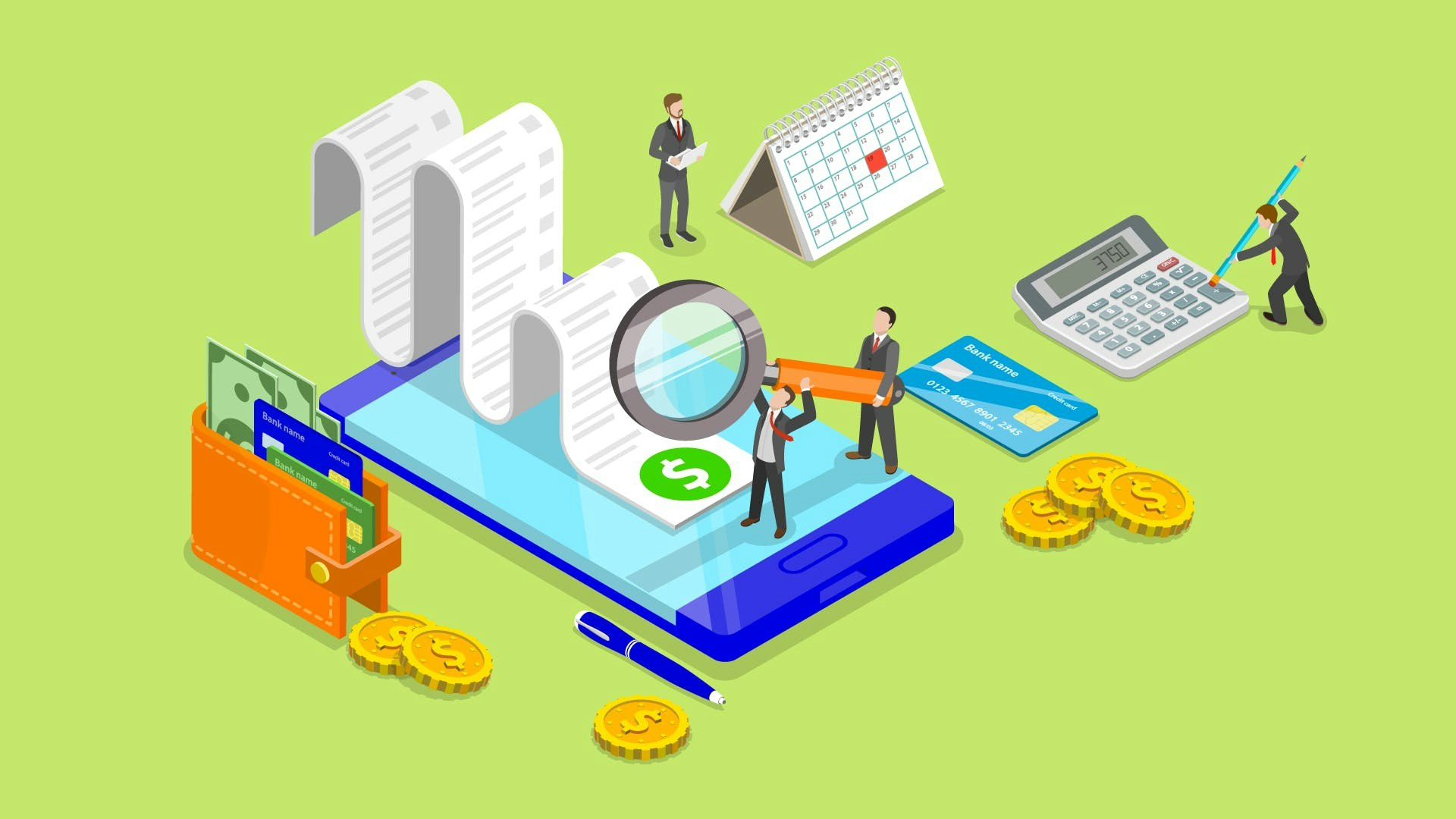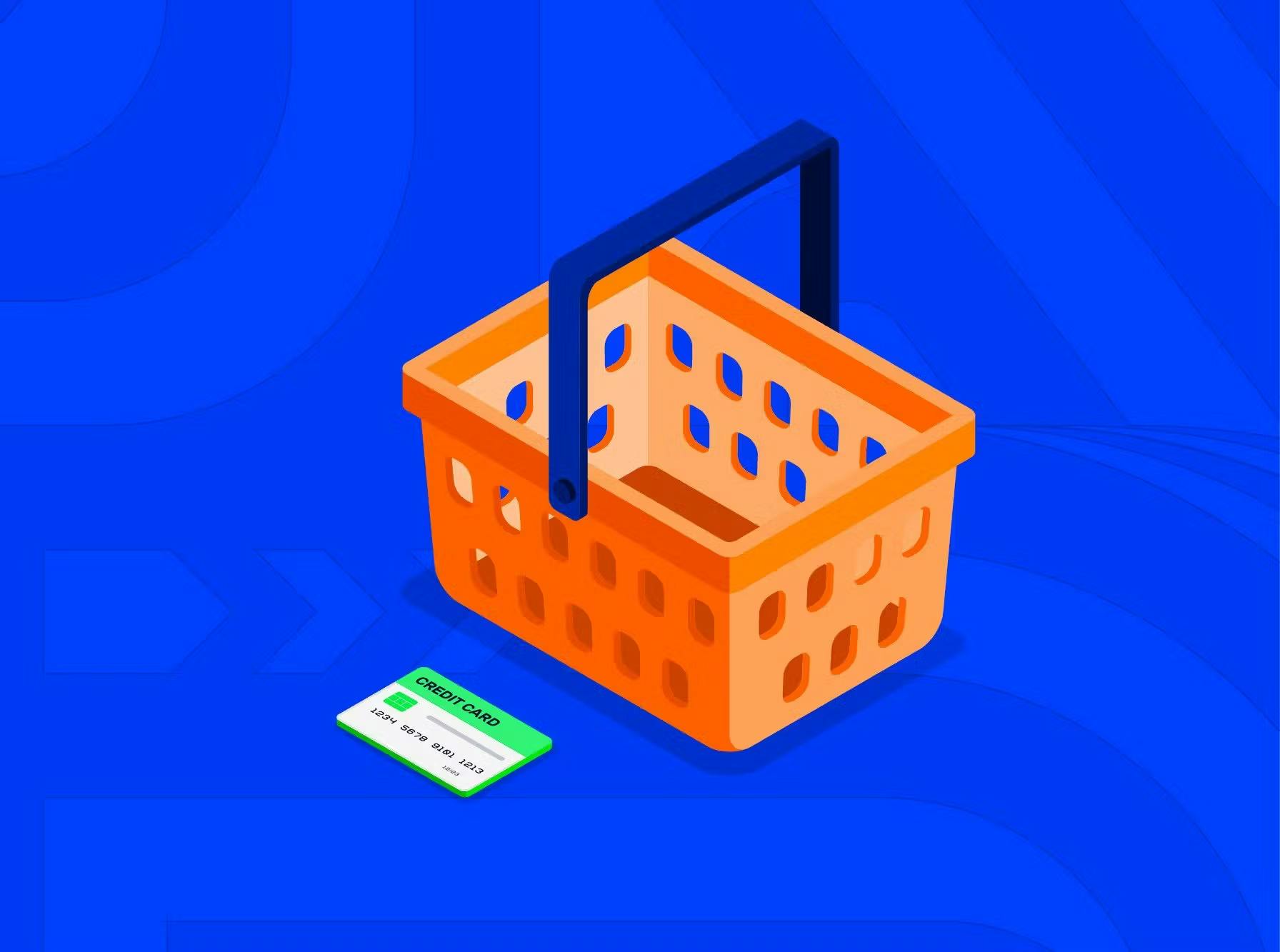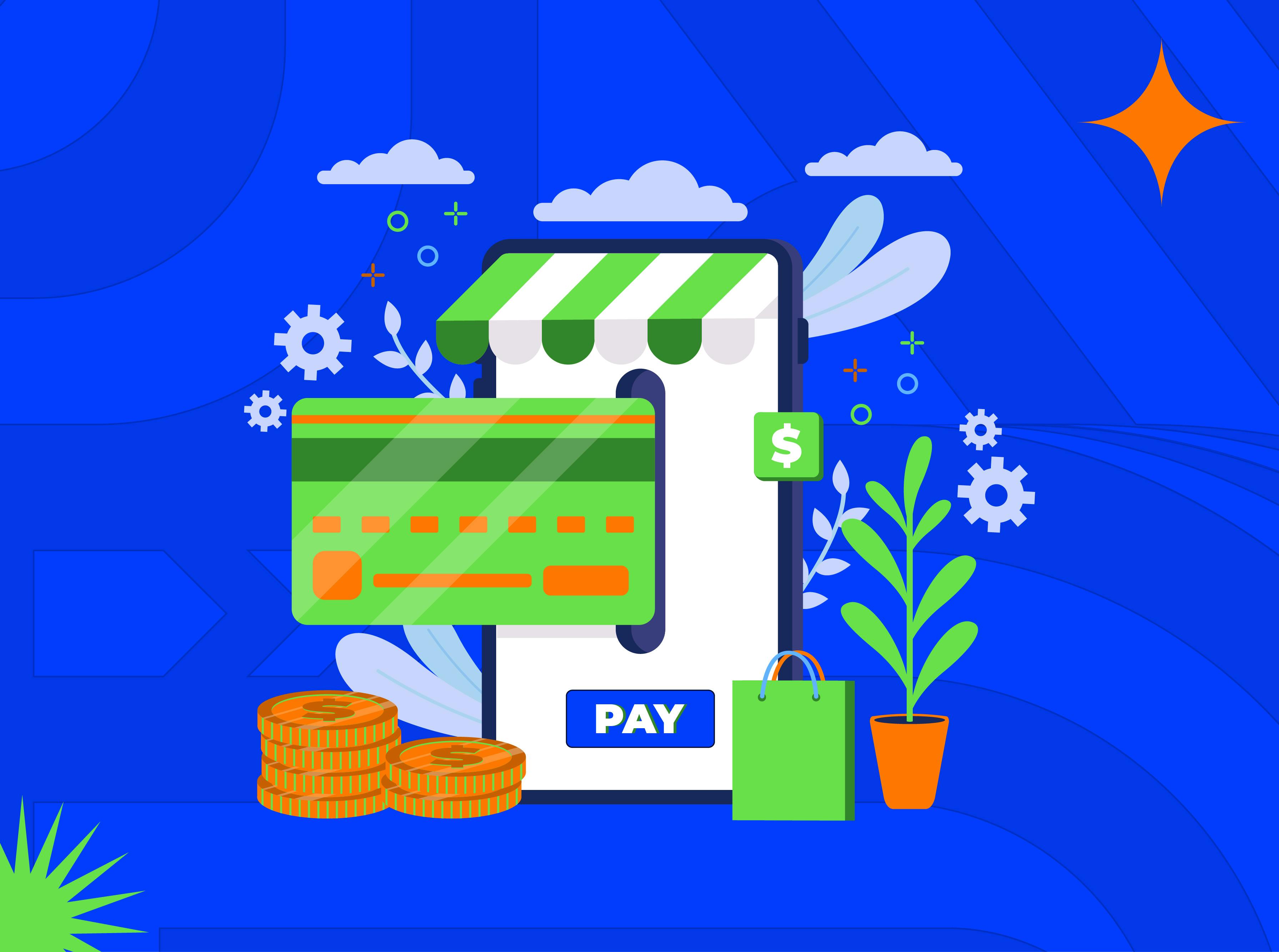Imagine a world where you don’t need to invent solutions from scratch, spending much time and money on their development. You can resell products produced by someone else under your brand. That will save your resources and prevent you from falling into pitfalls associated with the creation of a new tool. Sounds perfect, doesn’t it? Luckily, this world is real, and it’s already there.
Nowadays, entrepreneurs can opt for white label solutions instead of manufacturing their products. White label providers create all sorts of tools and services to be rebranded and resold by other companies. This business model has its evident benefits. But there are also some risks.
This post aims to explain everything you need to know about white labelling, so pour yourself a cup of coffee, and we can start.



 Most Popular Payment Methods in the World: Analysis by Markets
Most Popular Payment Methods in the World: Analysis by Markets How to Increase Conversions in an Online Store with a Checkout Page
How to Increase Conversions in an Online Store with a Checkout Page How Tranzzo Simplified the Payment Process for Tickets.ua
How Tranzzo Simplified the Payment Process for Tickets.ua Integrating Multiple Payment Methods: Challenges and Solutions
Integrating Multiple Payment Methods: Challenges and Solutions Abandoned Shopping Carts: Why Businesses Lose Revenue and How to Increase the Number of Successful Payments
Abandoned Shopping Carts: Why Businesses Lose Revenue and How to Increase the Number of Successful Payments

